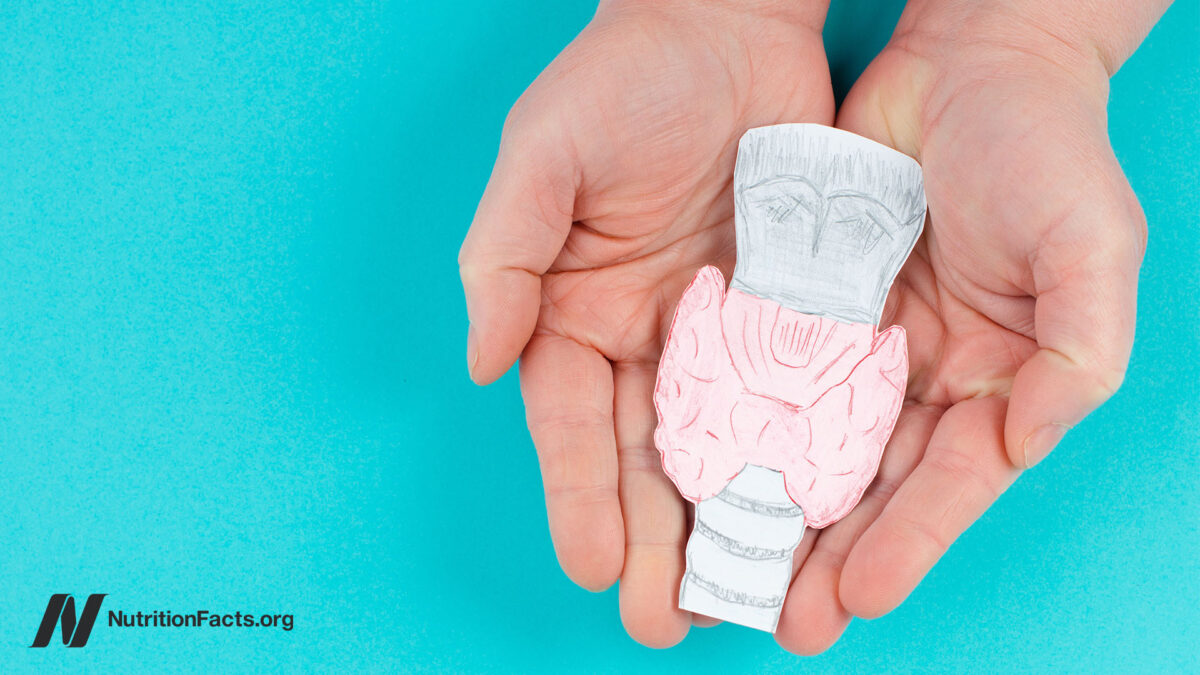7 Back-to-School Mistakes Every Parent Should Avoid
It pains me to write a back-to-school article—didn’t summer just start?—but here we are at that time of year again. The annual ritual of putting our most precious little people into the hands of strangers trying to teach them...


Photo: SpeedKingz (Shutterstock)
It pains me to write a back-to-school article—didn’t summer just start?—but here we are at that time of year again. The annual ritual of putting our most precious little people into the hands of strangers trying to teach them things can be jarring and difficult, but if you avoid these common mistakes, it might be a little easier for both your child and you.
2 / 9
Expressing your own negative feelings about school
Expressing your own negative feelings about school

Photo: Just dance (Shutterstock)
I’m the guy in that stock photo. I am suspicious of structured education in general (and I will rant about it), but every year, my son starts school and I pretend I’m super excited and that I think school is the best. It’s a challenge. I don’t like lying, even if it’s benevolent lying, so I try to remember that my own feelings about school aren’t universal—everyone has a different experience, and even if school was a nightmare for me, a lot of people get something out of this whole “education” thing (or so they say).
3 / 9
An overly emotional meltdown at drop-off
An overly emotional meltdown at drop-off

Photo: SpeedKingz (Shutterstock)
It can be emotionally rough to drop your kid off at school on the first day, especially in earlier grades, but your reaction really sets the tone for them. Your feelings of apprehension, protectiveness, or sadness should be tempered and controlled. Tearful scenes should be avoided in favor of a confident “I love you and I know you’re going to do great, champ,” and then you can weep in the car alone. Also: If your kid is older, don’t embarrass them on the first day. (At least not too much.)
Lack of preparation

Photo: JeniFoto (Shutterstock)
You know your kid is going to need different supplies and new clothes, so plan to go shopping early. Get a grade-specific shopping list from their teachers and make sure they have what they need to succeed before the first day of school. It’s better to over-prepare than under-prepare, because even if you buy too much, you can usually return it.
Not keeping the receipts

Photo: Trismegist san (Shutterstock)
If you’ve stocked up on school supplies like I suggest above, you may have over-prepared and purchased pens, pencil cases, and binders that your child won’t actually need. It happens. Keep the receipts so you can bring them back to Target.
6 / 9
Minimizing their emotions
Minimizing their emotions

Photo: fizkes (Shutterstock)
Don’t discount or minimize your child’s experiences, whether they’re negative or positive. This rule applies to parenting in general, but it’s particularly important and relevant around back-to-school time. It’s easy to dismiss a child’s anxiety about school by saying something like, “You’re just starting school. It’s no big deal.” But remember it is a big deal to them, so listen, acknowledge, and reassure.
7 / 9
Not adjusting their bedtime in advance
Not adjusting their bedtime in advance

Photo: Blue Titan (Shutterstock)
If your kid has a relatively free-range summer, they’re probably sleeping different hours than they will be during the school year. School is not kind to night owls, so take the few weeks before class starts to gradually get them to bed earlier so they won’t be falling asleep at their desk during the first week or so of school.
Over and under parenting

Photo: Leszek Glasner (Shutterstock)
The essence of parenting is managing exactly when to let your kid handle things on their own and when you need to step in. The beginning of the school year is a perfect time to fine tune your approach to your child’s independence. While the specifics of how involved you should be depends on your individual child’s needs and their situation, in general, you should be be supportive and helpful while allowing your child enough independence to learn and grow from mistakes and challenges. That shouldn’t’t be too difficult, right?

 Troov
Troov 































![Are You Still Optimizing for Rankings? AI Search May Not Care. [Webinar] via @sejournal, @hethr_campbell](https://www.searchenginejournal.com/wp-content/uploads/2025/06/1-1-307.png)
